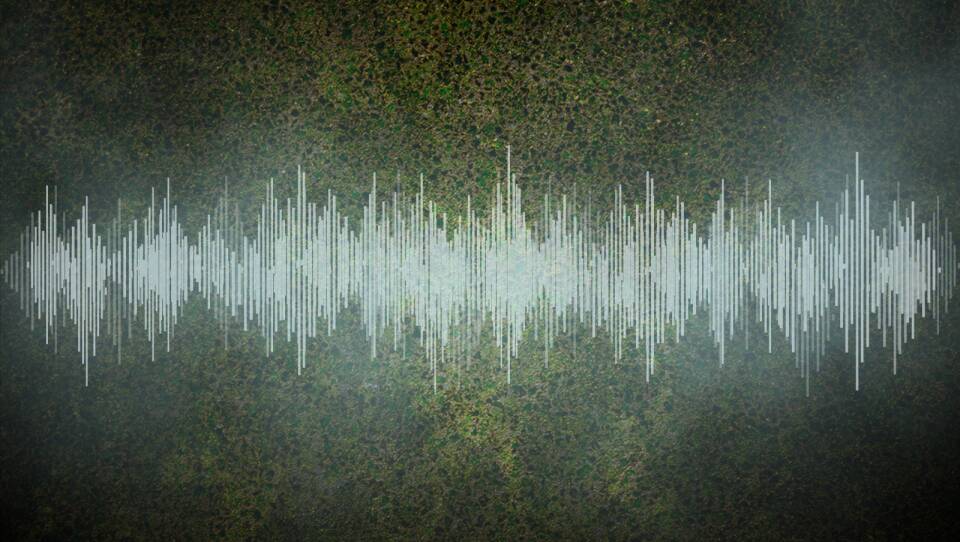After years of efforts, scientists at MIT have created what they believe to be a perfect fluid. That could have some real world benefits for you and me. And to know they had finally done it, all they had to do was listen.
MIT physicist Martin Zwierlein has been on the hunt for this perfect fluid for years. In his line of work, that means a substance through which particles could acheive "perfect flow," as free from the effects of friction as nature will allow.
"We lose tons of energy just by transporting energy from A to B," he explained.
Much of that energy loss is due to friction, even minuscule amounts, which slows particles as they move from one place to another. This happens when electricity zips through a wire or even when, say, a radio wave moves through the air.
"It’s sticky. The air is not perfectly liquid in a way," said Zwierlein. "There is this residual viscosity."
But what if you could create a substance that would essentially eliminate friction? That is what Zwierlien has been working on for years: a so-called quantum gas comprised of particles called fermions.
"Every elementary particle that has a mass is a fermion," he said. "So that’s protons, neutrons, electrons, what have you. We are all made of them."
The challenge, said Zwierlien, is that fermions don’t like to be told what do. And they certainly don’t like to be assembled or confined in the way he figured they needed to be for his experiment to work.
"So we made a box," he said. "We made a Coke can — if you want — not using aluminum but using light. Using light to confine the atoms in a box environment."
Assembling and trapping this new substance was only half the battle. To know whether it indeed fostered perfect flow, Zwierlein and his team also had to send something through it and measure it on the other end. To accomplish that, it turns out, all they had to do was listen.
"Measuring the properties of sound is a wonderful way to measure the transport of particles through a substance," he said.
Zwierlein says the team carefully tapped one side of their light box with a laser to create a vibration which produced a measurable sound — not unlike something you or I could produce with a toy slide whistle. But the mathematics underpinning that sound confirmed that Zweirlein and his team had acheived perfect flow.
"It was an elating moment," he said. "It has the lowest amount of friction you can imagine. It’s a perfect fluid."
Most immediately, Zwierlein said astrophysicists can now calculate the sound of a neutron star — something previously impossible to do.
"That might not be very immediately applicable to anything here on earth but that’s intellectually pleasing," he said with a laugh.
Perhaps more pertinent to our lives, Zweirlein said knowing this quantum limit of fluidity could now lead to the development of phones and laptop that don’t heat up even after hours of use, longer-lasting batteries, and more efficient electric grids.
"We will develop new materials with the new understanding to make things flow better through wires, once we understand how to control it," he said.
Learning to control it is Zweirlein’s next frontier. And should he need a little inspiration along the way, all he has to do is fire up his mp3 player to relive his most recent, perfect scientific moment.
"It was a beautiful sound," he said. "It was a quantum sound. In a way it was the most long-lasting sound that you can imagine given the laws of quantum mechanics," he said.





